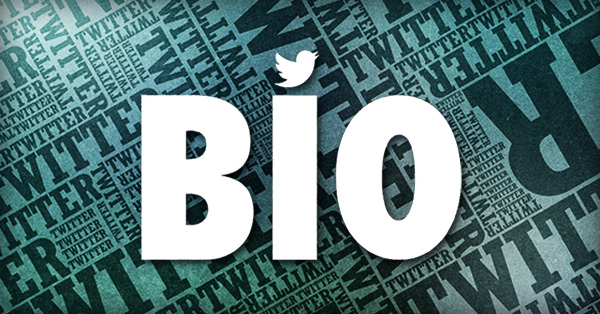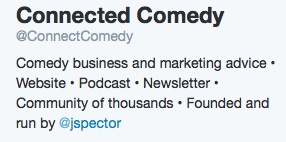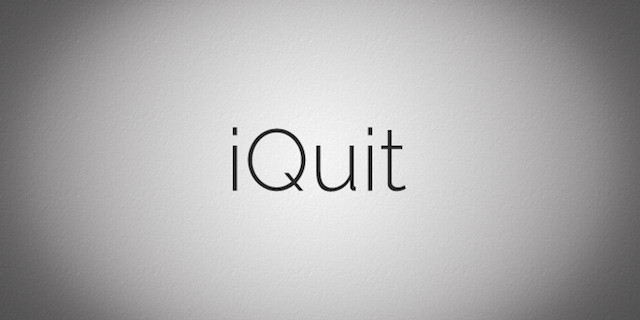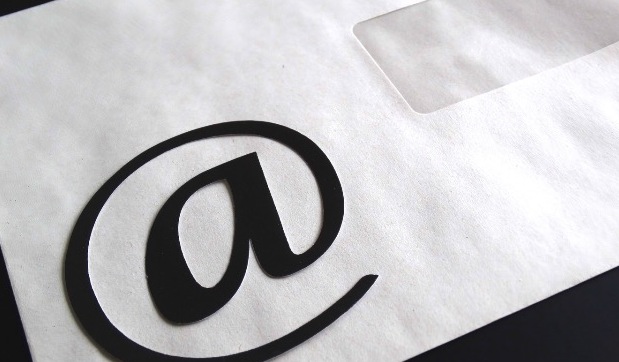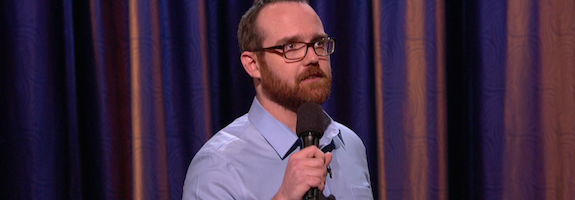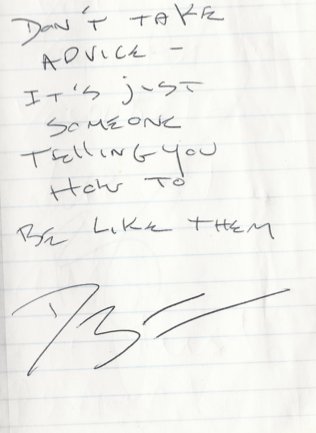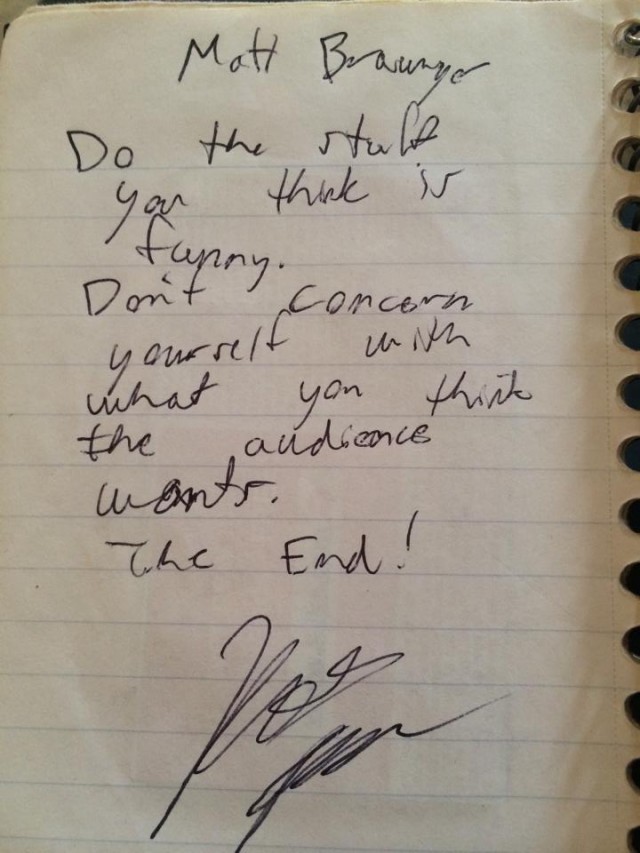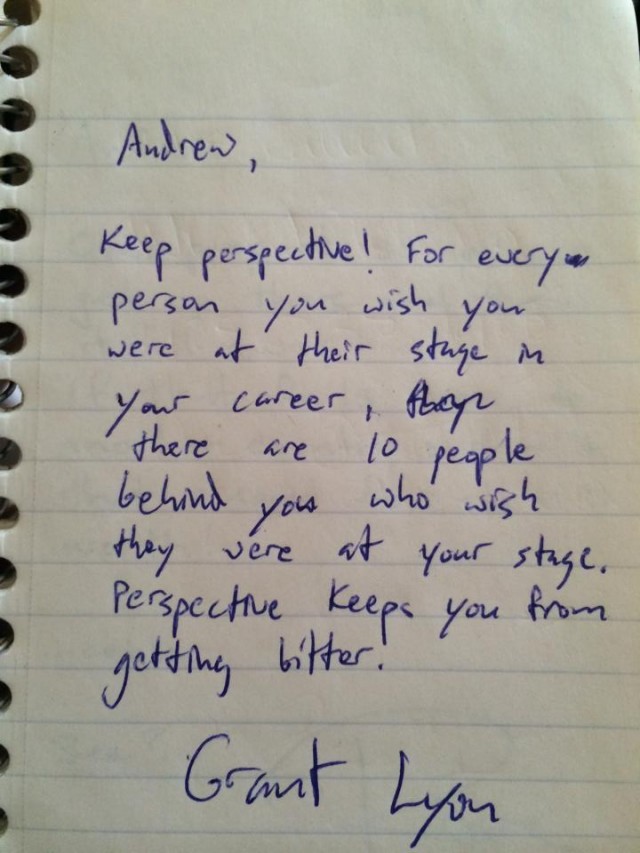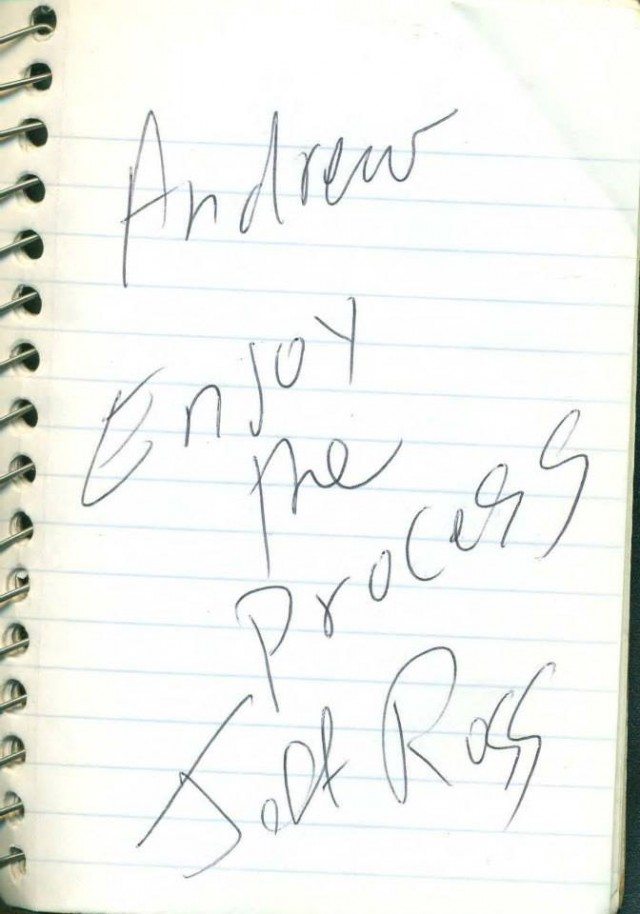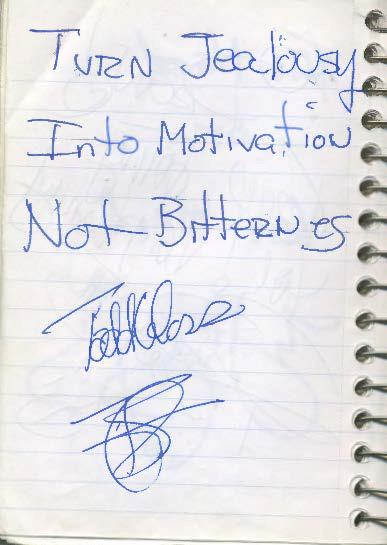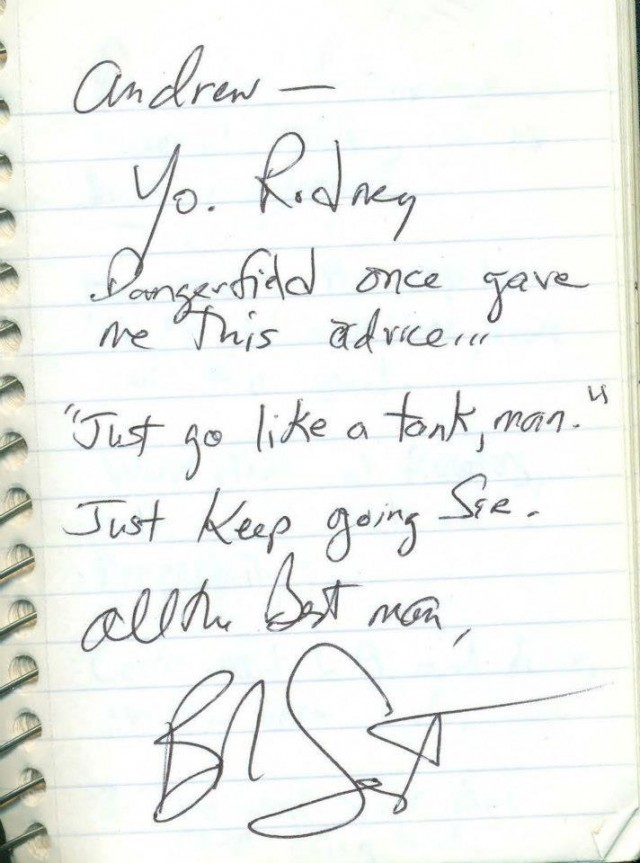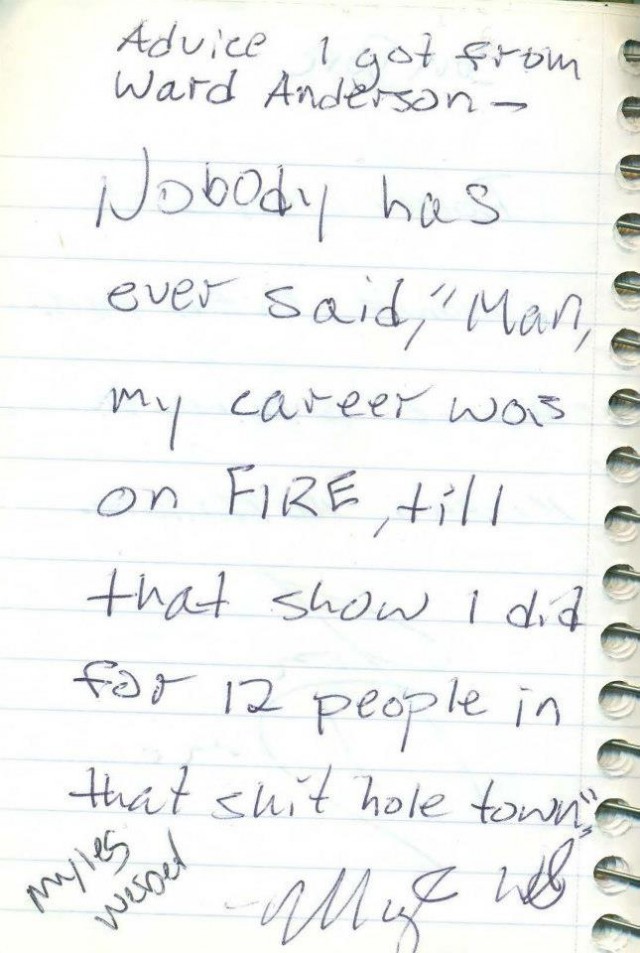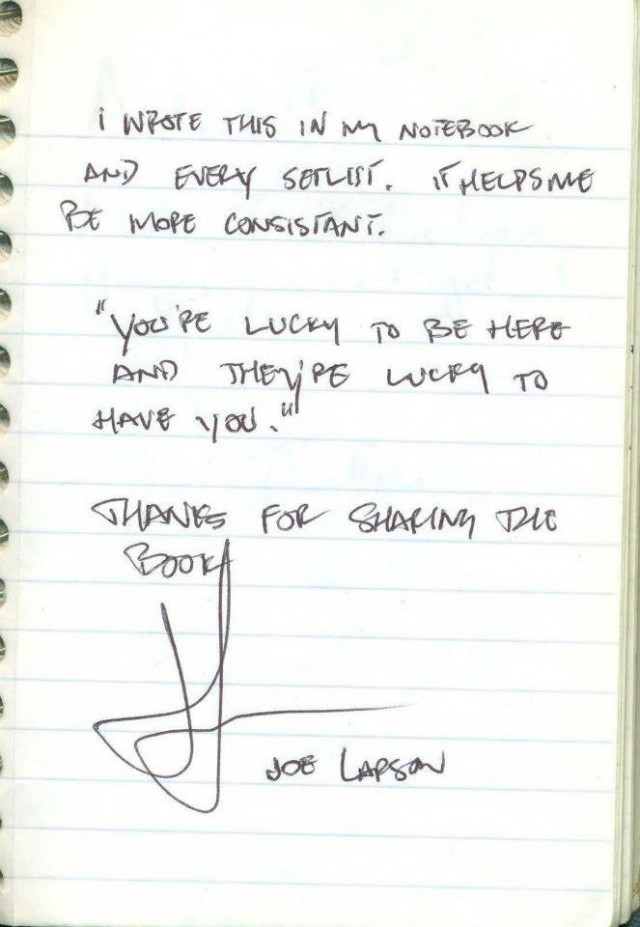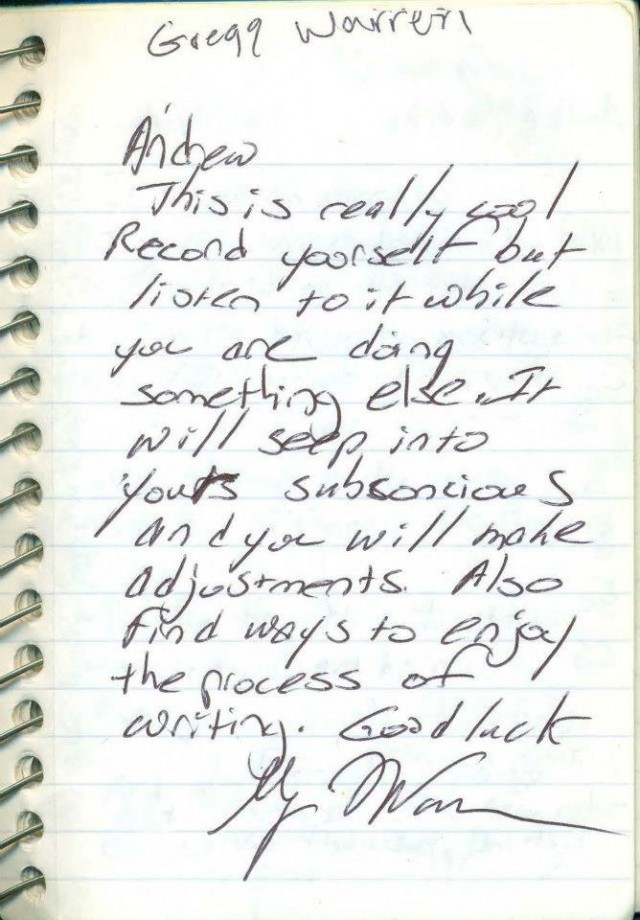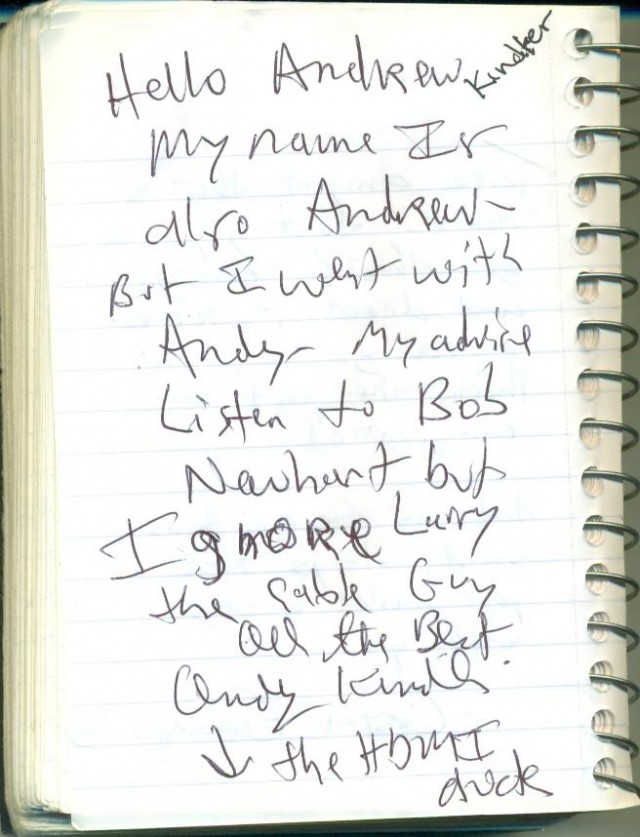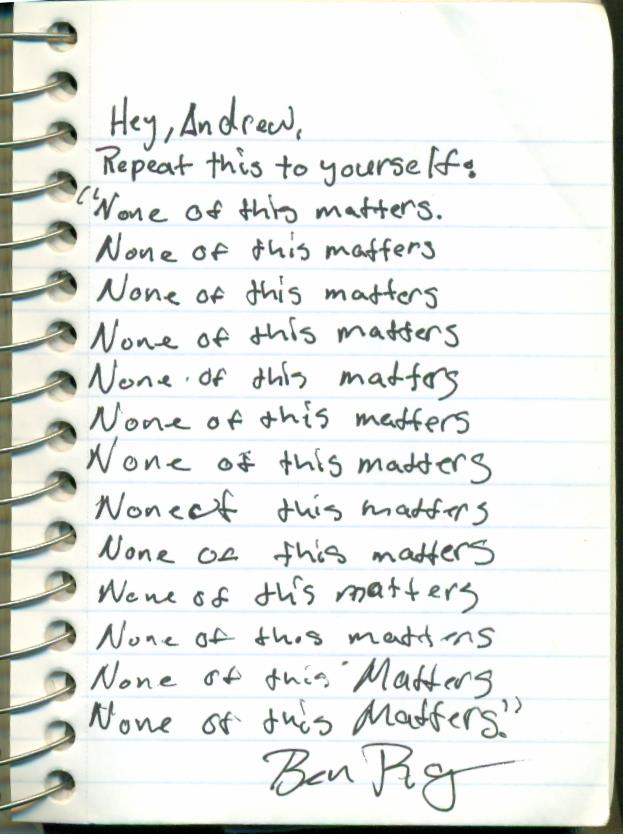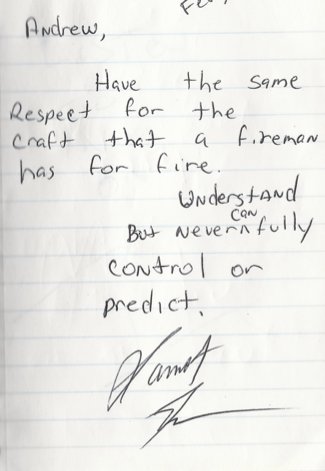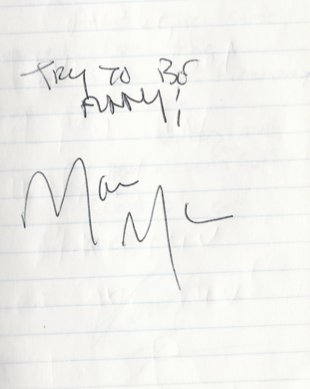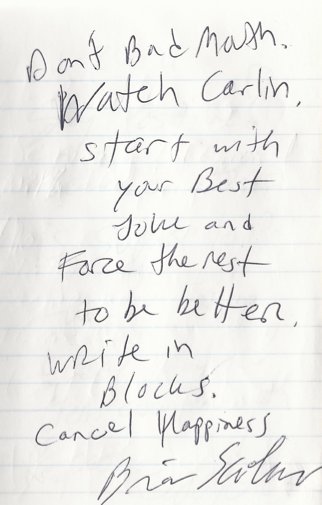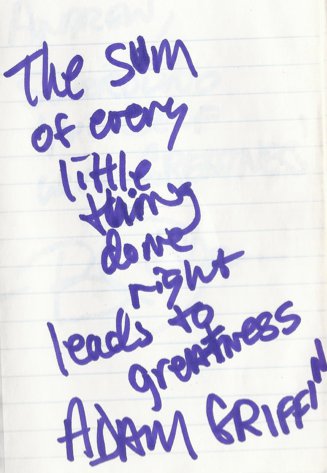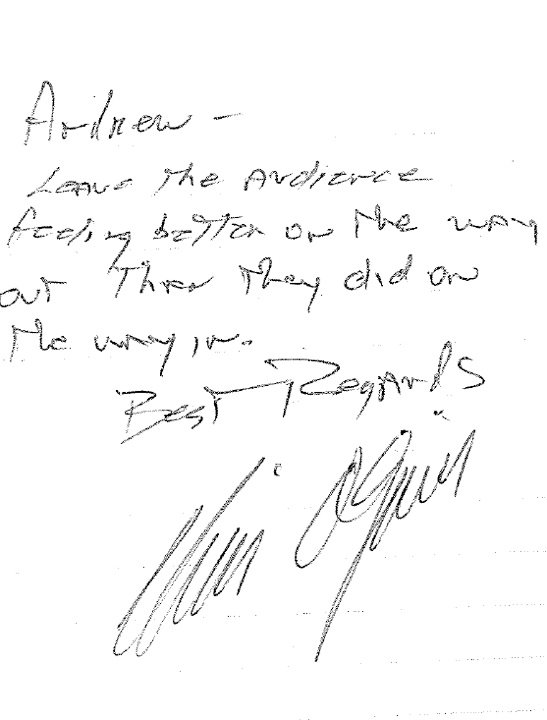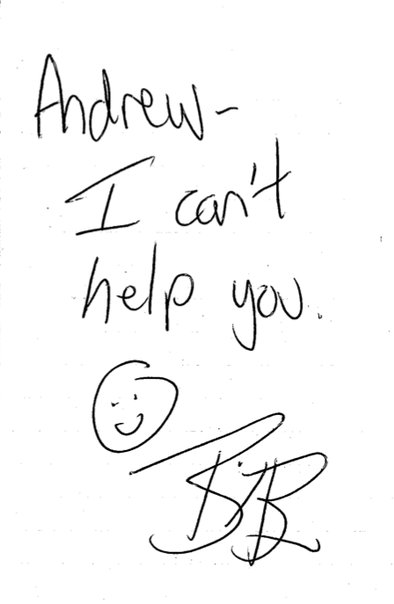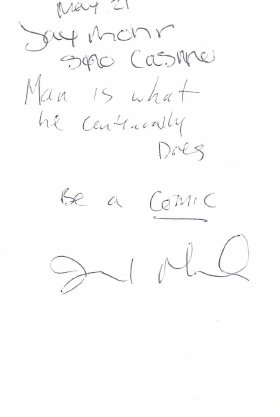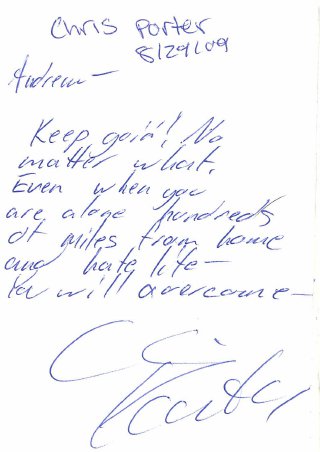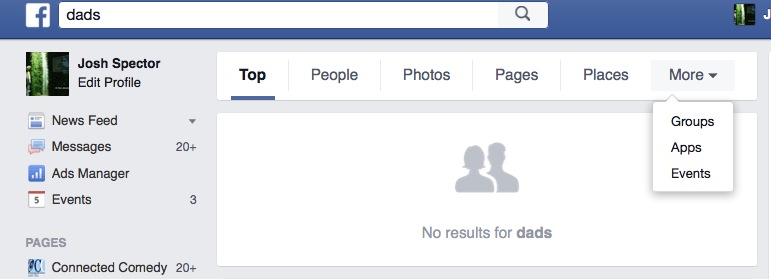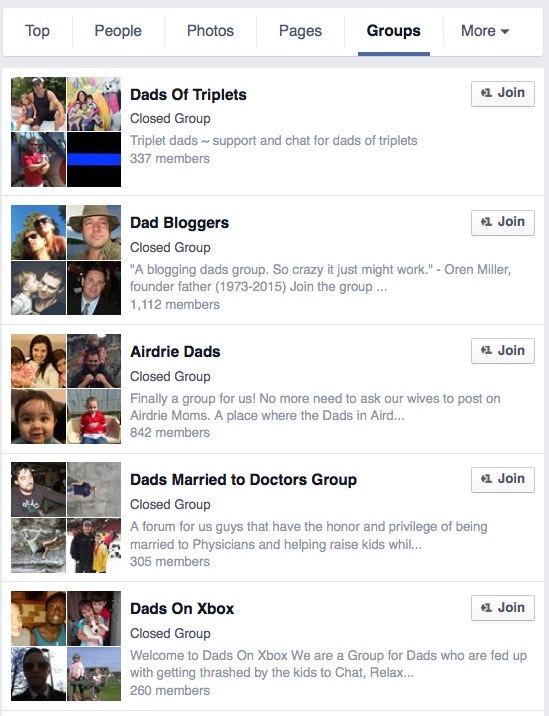If you’re a comedian, you’ve probably got a Twitter account.
But you’ve also probably got a Twitter bio that could use some work.
That’s why I’ve put together the following simple tips to help you make some quick changes to your bio that will help you get more followers and value from your Twitter activity.
1. Understand The Purpose Of Your Twitter Bio
Most people misunderstand the true purpose of your Twitter bio.
It doesn’t exist to tell people a little bit about who you are, it exists to tell people WHY they should follow you.
That’s a subtle, but important difference.
When somebody checks out your Twitter bio they’re doing so because they’ve come across something interesting in one of your tweets or saw your name mentioned in somebody else’s tweet.
They’re looking at your bio specifically because they’re considering whether or not to follow you!
That’s great and it creates a real opportunity to add a follower, so you want to put things in your bio that are designed to convince them to follow you – not just a random joke.
Write your bio in a way that tells people exactly what to expect if they follow you – explain to them who you are, what you do, what the value is to them, the kinds of things you tweet about, and whatever else you think will convince them to hit that Follow button.
Usually, that’s not a joke.
Your Twitter bio to sell yourself – it’s fine to be clever/funny with it, but don’t treat it like just another content tweet. Make sure you give people the key info that will encourage them to follow you.
For example, here’s what my Connected Comedy Twitter bio looks like:
2. Reference What You Want People To Know About
I talk to comics all the time who ask me how to promote their podcast, web series, or other projects and then I go to their Twitter bio and see they haven’t even referenced that project there! Big mistake.
If you have something you want people to know about, make sure you reference it in your bio.
Again, people are checking your Twitter bio because they’re already interested in you on some level so that’s a prime opportunity to let them know about something else you do that you want them to check out.
Also, references to your most important projects helps you stand out because it reveals some specific details about the value you provide and separates you from people with more generic backgrounds (more on that in a bit).
3. Use @ Account Names When Possible
When you reference your projects or other entities in your Twitter bio, use the @ account names whenever possible.
This not only saves you some valuable characters (allowing you to get more across in your limited 140 characters), but also the @ account handles are clickable, so you make it easy for people to click and learn more about that particular project.
Plus, it encourages people to follow your other relevant accounts.
This could work in a lot of different ways. Here’s some examples of how you might use account names in your bio:
“Host of the @MYPODCAST podcast.”
“I’ve performed on @Conan & @JimmyKimmelLive.”
“I host the weekly @MYCOMEDYSHOW.”
“On tour with @THISCOMEDIAN and @THATCOMEDIAN.”
4. Be Specific, Not Generic
In writing your Twitter bio, you want to say things that are as specific as possible to you – look for ways to separate yourself from every other comedian’s bio out there.
It’s good to include basic important details about yourself like mentioning that you’re a comedian, but try to qualify it with some specifics that tell people more about what separates you from every other comedian on Twitter.
For example, rather than just saying “Comedian,” maybe you say “Standup Comedian for 10 years,” or “Political comedian,” or “Comedian obsessed with sports, movies & music.”
Instead of just saying you “tell jokes,” maybe say “I tell jokes that Republicans hate and Liberals love.”
Instead of just saying you’re a “Writer,” maybe say “Writer of things that Dads can relate to.”
It doesn’t really matter what the specifics are, but the more you drill down past the generic terms that anybody can use, the more you’re explaining to potential followers who you are and why they should care.
That will help you find and connect to your niche.
5. Use Your Actual Location
If you only do one thing after reading this article, make it this one – put your actual location in the location section of your bio!
Again, the purpose of your Twitter bio is to give people information about yourself so they can make a decision on whether or not to follow you and the more specific, the better.
Listing your location as things like “Everywhere,” “Your Mom’s House,” or the less-jokey-but-equally-meaningless “The World,” “America,” or “Everywhere” is a complete waste of space.
It doesn’t make you seem clever, it makes you seem like you don’t care (which, if you think about it, doesn’t really encourage anybody to follow you).
Your location should be the city you live in.
Not only does that provide helpful context about who you are, but don’t you want somebody who comes across your bio and is interested in you to know where you’re located in case they want to come see you perform live?
Or, wouldn’t you want somebody to know you’re local in case they are looking to hire a comedian in that town?
Not listing your city as your location does you no good and only prevents some potential opportunities from happening.
More Advice About Twitter…
I’ve got a lot more Twitter tips available to my VIP MEMBERS (join here for instant access) including a look at How To Get More Influential Twitter Followers and 5 Ways To Get More Out Of The Jokes You Post On Twitter among others.


